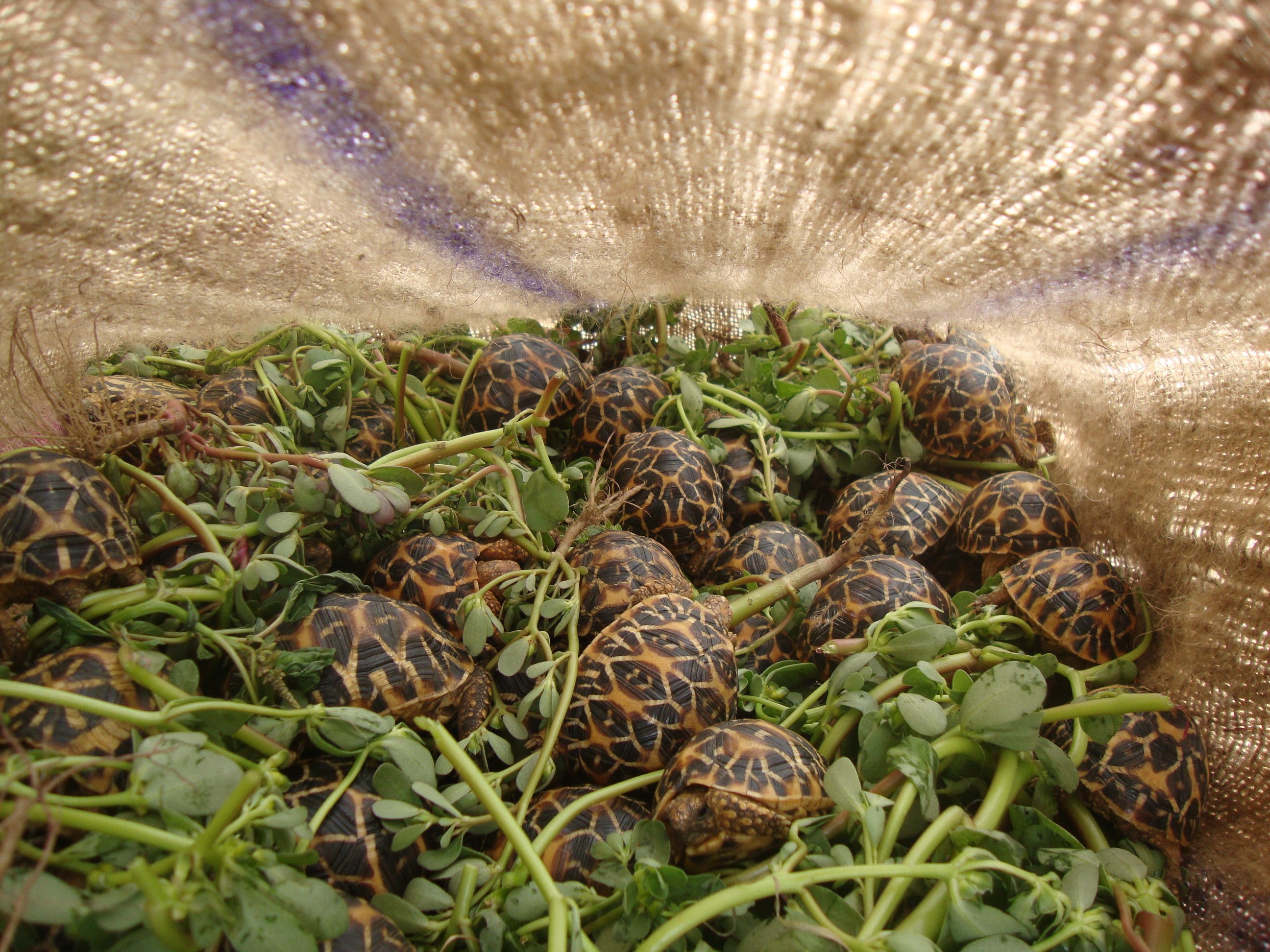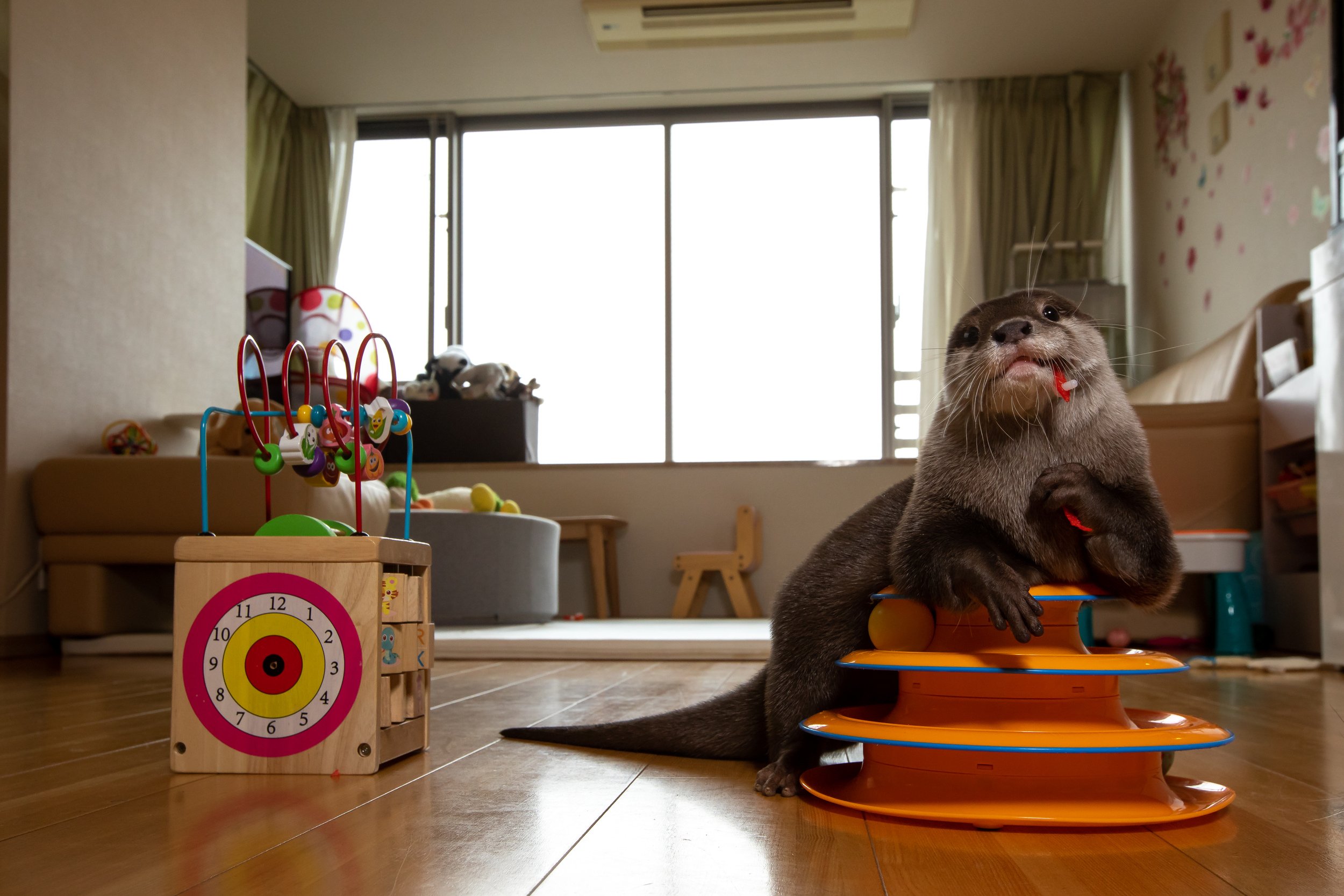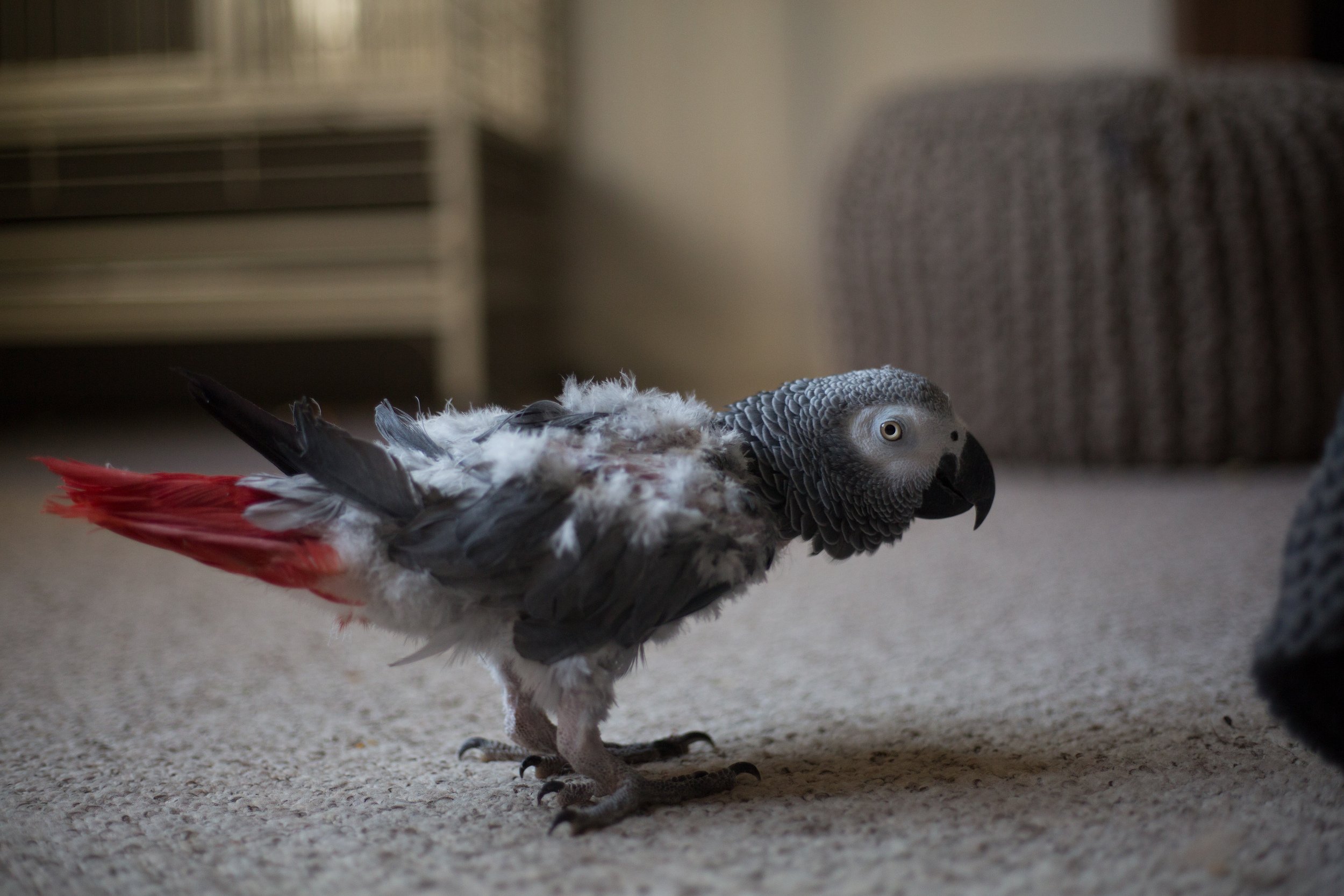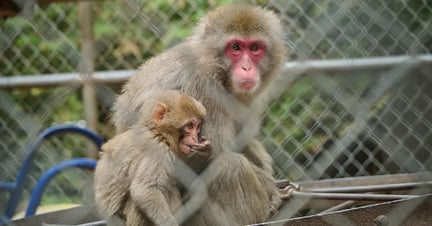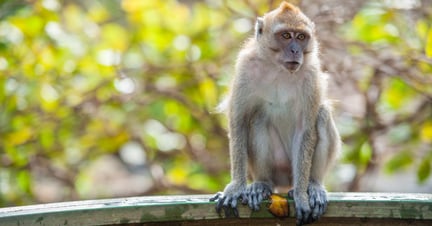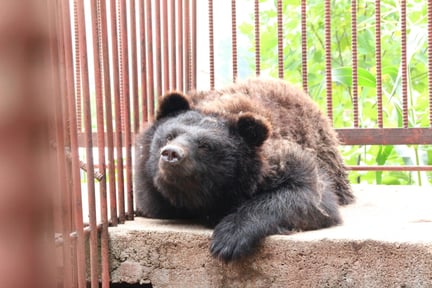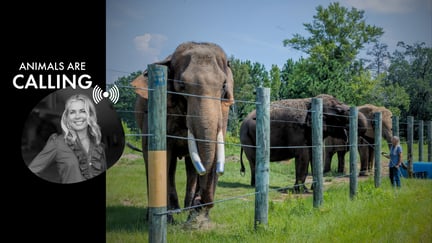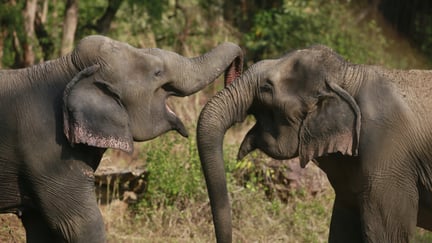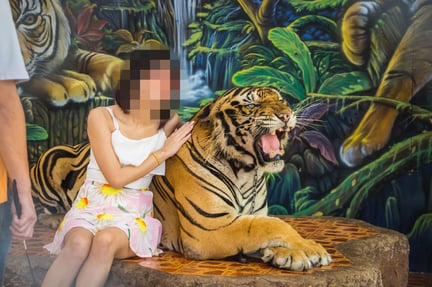
Hundreds of millions of birds, mammals, fish and reptiles are kept as exotic pets around the world. Most owners buy them because they love animals – but sadly a wild animal’s needs and natural behaviours cannot be met in our homes
Wild animals belong in the wild
An exotic pet is a pet that’s wild and not domesticated. Domestication is a selective breeding process that takes place over thousands of years. Snakes, parrots, iguanas, tortoises, and even otters – these are just some of the species suffering as pets around the world. Domesticated species include dogs, cats, and farm animals like horses, pigs and chickens.
There are legal and illegal sides to the exotic pet trade. But legality doesn’t matter; captive-bred or wild caught – it’s all cruel. And this trade is growing fast.
Indian star tortoises being prepared for export
The journey for an animal in the exotic pet trade is cruel – and often deadly. Either poached from the wild or bred in captivity on a farm, exotic pets are often shipped huge distances before reaching their final destination. Sadly, as many as four out of five animals caught in the illegal wildlife trade will die in transit, or within a year in captivity.
Suffering is inevitable in a life of captivity.
It limits the natural behaviour of an animal and places both their mental and physical wellbeing at risk. They often lack adequate shelter, food, room to roam, and environment control to keep their body at the temperature it needs to be.
We believe that wild animals belong in the wild, not as pets. The reality is that a life in captivity is a world away from a life in the wild.
What to Do If You Own an Exotic Pet
We know that most people buy exotic pets because they love animals. Animals bring joy to our lives, so why wouldn't we want them to be a part of our lives every day at home? Sadly, the truth is any wild animal that finds itself caught in the exotic pet trade experiences suffering.
World Animal Protection / Aaron Gekoski
Despite our best efforts we are just not equipped to provide wild animals with the care necessary to fulfil all their intrinsic needs. While keeping some exotic pets may be less cruel than others, no wild animal can have its needs met entirely in captivity.
Only domesticated animals like cats and dogs should be kept in our homes, as all their needs are met.
It’s very important that whatever happens, you do not release your pet into the wild under any circumstance.
Seek help from experts
If you already own an exotic animal, it’s important to seek expert advice from a veterinarian who specialises in the care of your animal to ensure you’re meeting as many of its welfare needs as possible.
What we uncovered in our research is that when breeders or pet stores sell exotics to the public, in most cases very little, if any at all, information about the best way to care for the animal is given out.
This leaves new pet owners in the dark about whether they are meeting all their pets’ needs.
We encourage you to continue to give your pet the best life possible, for as long as you can. We also ask you to commit to not purchasing another exotic pet in the future or breeding the one you own.
Do not release your exotic et: What to do instead
If you are no longer able to care for your exotic pet, we encourage you to surrender the animal to a local rescue group or humane society.
Make sure you thoroughly investigate it and find out if the rescue centre is managed responsibly and in a transparent manner. This is to ensure none of the wild animals under their care are re-entering the commercial exotic pet or entertainment trade.
It’s very important that whatever happens, you do not release your pet into the wild under any circumstance.
Many of these animals are not native to our ecosystems and will become invasive, resulting in a disruption in the biodiversity, and most likely the death of many other animals.
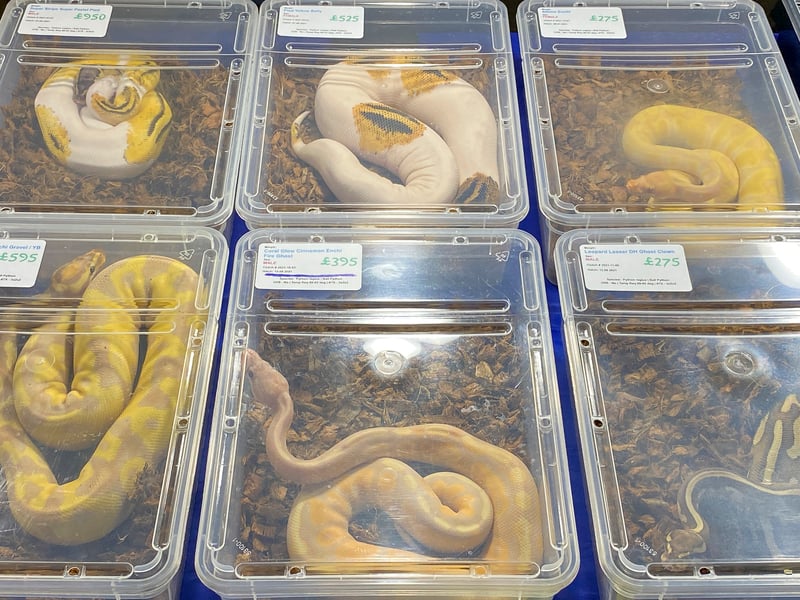
Credit: Adam Gerrard / Daily Mirror
The role of social media in glamorising exotic pets
The glamorisation of exotic pets through pop culture and social media masks cruelty, and falsely legitimises the trade.
Even with a quick glance through Instagram, YouTube Weibo or Facebook you’ll find hundreds of photos and videos showcasing everything from tigers and sugar gliders, to ball pythons and turtles, with thousands of likes on each post.
We think these animals look cute, but they’ve actually been sentenced to a lifetime of suffering.
Our research shows that the ‘cute’ videos prospective purchasers see shared across social media influences their decision to buy a wild animal: a full 15% of surveyed exotic pet owners found inspiration for their purchase via YouTube videos.
Credit: World Animal Protection / Jeremy Sutton-Hibbert
We know that social media is a largely unregulated marketplace. Many platforms lack policies against the live trade and, in some countries, openly sell wild-caught animals.
By allowing the trade legally, they have opened the door to unregulated illegal trade in wildlife. Searching online, we found lovebirds for sale as low as USD $3 each, green iguanas for $12, macaws for $19,000 and even a giraffe for $50,000.
Read our Bred for Profit report
Global problems require global solutions
Governments across the globe must act and ban the global trade of wildlife now.
Wildlife trade is increasing the risks to human and animal health, compromising animal welfare, and placing biodiversity under immense and unsustainable pressure.
You can stand up for wildlife by making a promise to keep wild animals in the wild and never buy them as pets. Support laws that ban the exotic pet trade, educate others about the dangers and cruelty of keeping wild animals in captivity.
